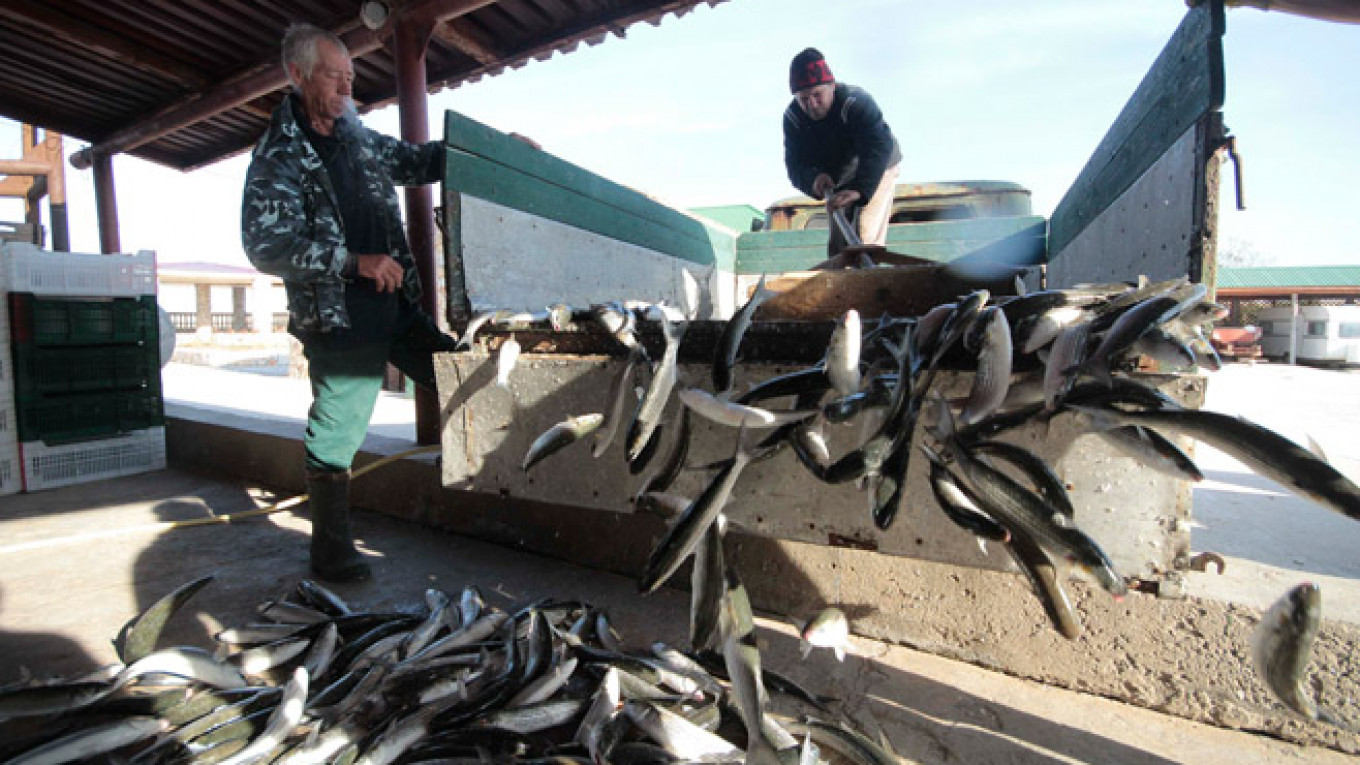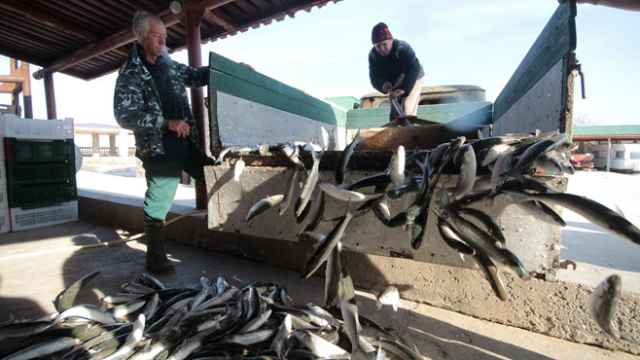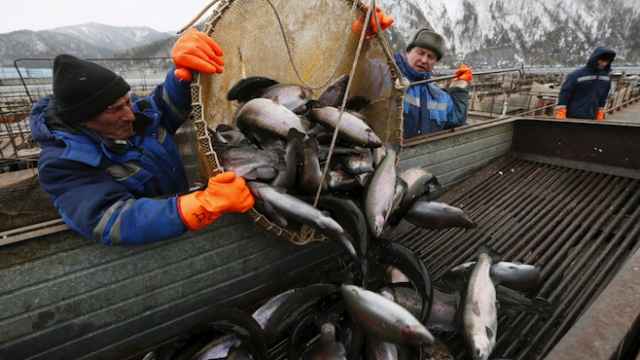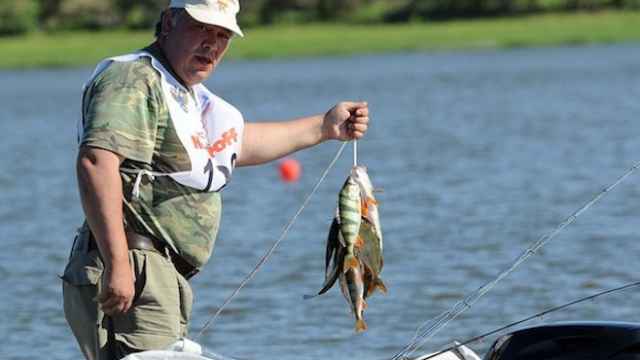Moscow has banned the import of processed fish, such as canned sprats, from Estonia and Latvia starting Thursday, citing contamination by toxins. The move comes as Russian fish-processing factories have been fighting against Baltic competitors and accusing them of artificially lowering prices.
Russian agriculture watchdog Rosselkhoznadzor said its inspectors found “banned and harmful substances” in fish from Estonia and Latvia, and cited recall notifications for the Baltic nations' fish products issued by Europe's Rapid Alert System for Food and Feed, or RASFF, which also reported contamination.
Rosselkhoznadzor was restricting the import of “all fish products from Latvia” and unspecified fish products from Estonia, it said in separate online statements.
“The waters of the Baltic Sea, where sprats and herring are harvested, have a high level of contamination by toxic substances,” Rosselkhoznadzor noted, adding that the widespread nature of the problem made it particularly difficult to monitor canned fish production “down to a specific boat [or] raw-material producing enterprise.”
On the day the ban took effect, pro-Kremlin daily Izvestia published interviews with Russian fish industry executives saying that domestic sprat-processing factories in Russia's Baltic Sea exclave of Kaliningrad have been struggling to expand their share of the domestic market against Latvian and Estonian competitors.
Fish-processing facilities in Kaliningrad have 80 percent of the raw materials they need, and want to replace Latvian and Estonian canned sprats with domestic ones by this fall without raising prices, the head of the Russian fish industrialists' association in the western regions, Sergei Maslov, was quoted as saying.
Domestic fish prices have risen 31 percent since last summer — a result of Russia's embargo on most food imports from Western countries, Federal Fisheries
Agency chief Ilya Shestakov said earlier, according to news agency Interfax. The ban, introduced last August in response to Western sanctions against Moscow for its meddling in Ukraine, included Norwegian salmon and Scottish herring.
The head of Russia's Western Fishing Company, Nikolai Nechai, accused the Baltic nations of predatory pricing on their sprats in an attempt to push out Russian competitors, according to remarks published Thursday by Izvestia.
“They engaged in dumping when they supplied raw materials. They engaged in dumping when they supplied cans, because the European Union made up for Latvian and Estonian companies 50 percent of their expenses for fuel, and subsidized between 30 percent and 70 percent of new facilities' constructions costs,” Nechai was quoted as saying by Izvestia.
“We have nothing like that, neither for fishermen, nor for processors,” he said, Izvestia reported.
Fishing executives were scheduled to have a meeting at the Kremlin Thursday to discuss ways of developing the industry, the report added.
Europe's RASFF said that a consignment of Latvia-made sprats pate was recalled earlier this year after the fish was found to contain benzo(a)pyrene and polycyclic aromatic hydrocarbons, according to a notification on the agency's website.
According to a Rosselkhoznadzor tally, the European agency had also reported 15 cases of increased levels of benzo(a)pyrene in processed fish from Latvia last year, and another case of increased dioxin levels in fish powder intended for feeding animals.
Another notification on the RASFF website reported polycyclic aromatic hydrocarbons in smoked sprats from Estonia, adding that they have been withdrawn from the market.
Rosselkhoznadzor claimed that “in a number of cases,” most of the consignments deemed for recalls have made it to consumers.
A Message from The Moscow Times:
Dear readers,
We are facing unprecedented challenges. Russia's Prosecutor General's Office has designated The Moscow Times as an "undesirable" organization, criminalizing our work and putting our staff at risk of prosecution. This follows our earlier unjust labeling as a "foreign agent."
These actions are direct attempts to silence independent journalism in Russia. The authorities claim our work "discredits the decisions of the Russian leadership." We see things differently: we strive to provide accurate, unbiased reporting on Russia.
We, the journalists of The Moscow Times, refuse to be silenced. But to continue our work, we need your help.
Your support, no matter how small, makes a world of difference. If you can, please support us monthly starting from just $2. It's quick to set up, and every contribution makes a significant impact.
By supporting The Moscow Times, you're defending open, independent journalism in the face of repression. Thank you for standing with us.
Remind me later.






